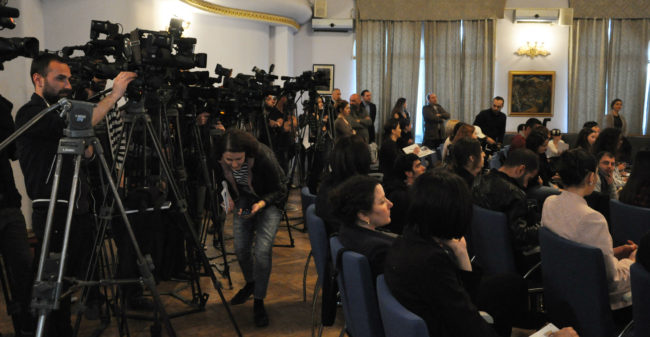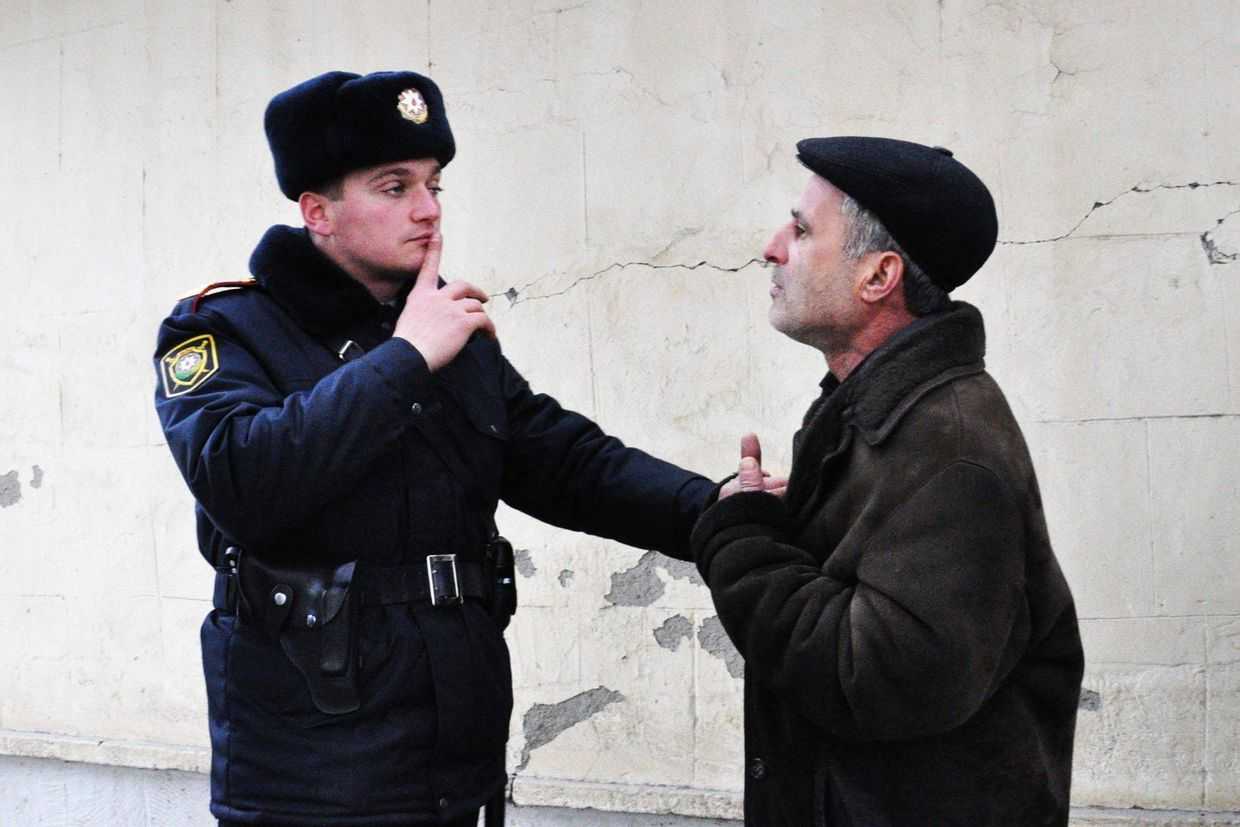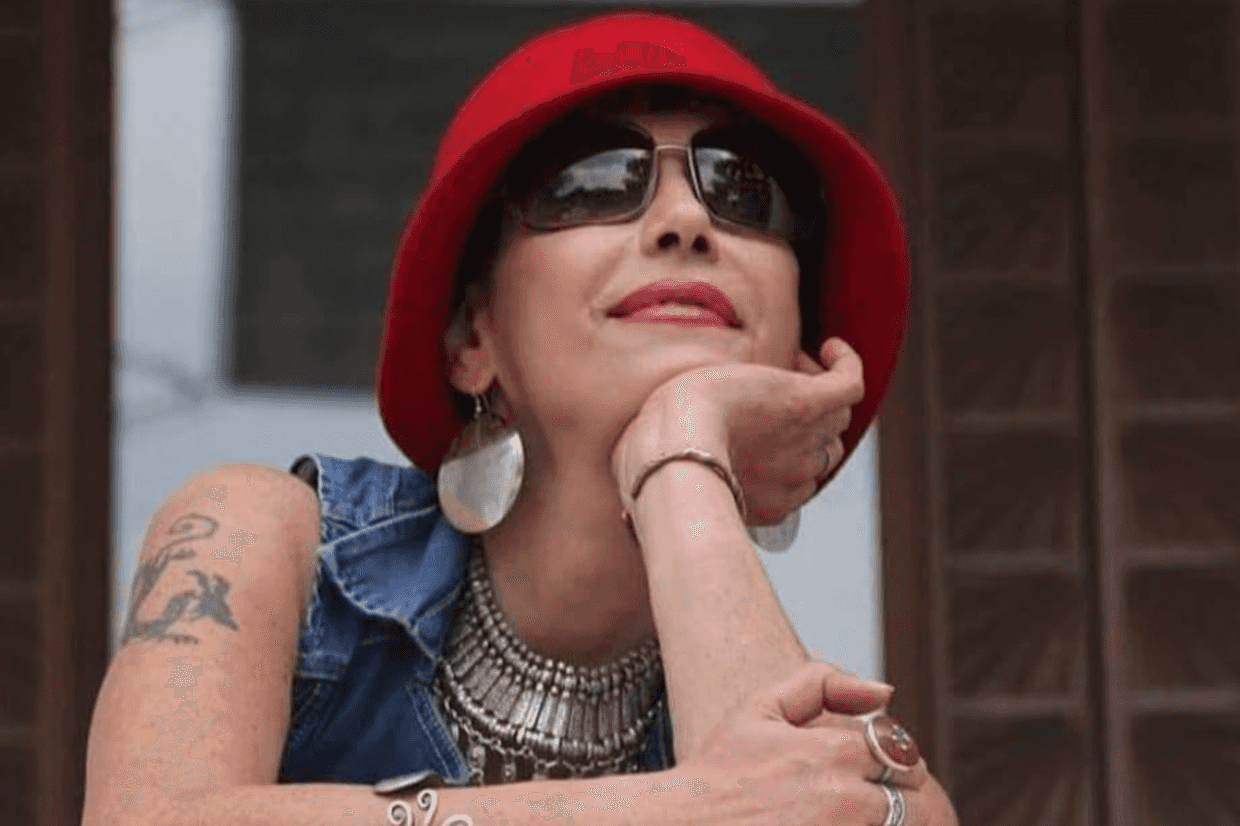

 The Prime Minister of Georgia’s initiative to establish a national Media Ombudsman has drawn widespread criticism from several experts and watchdogs. Given the timing, shortly after the Supreme Court handed over control of Rustavi 2 to it’s former owner, Kibar Khalvashi, the move is seen by many in the country as an empty gesture to give the impression that the government is concerned about independent journalism.
The Prime Minister of Georgia’s initiative to establish a national Media Ombudsman has drawn widespread criticism from several experts and watchdogs. Given the timing, shortly after the Supreme Court handed over control of Rustavi 2 to it’s former owner, Kibar Khalvashi, the move is seen by many in the country as an empty gesture to give the impression that the government is concerned about independent journalism.
Prime Minister Giorgi Kvirikashvili announced the establishment of the Media Ombudsman’s Office on 6 March. In a meeting with media and civil society organisations, Kvirikashvili said that he would invite ‘the most reputable international media rights observers’, like OSCE Representative on Freedom of the Media, Dunja Mijatović, who would create the Ombudsman’s Office.
Although officials claim the initiative was endorsed by media experts, several public figures who attended the meeting underlined that the initiative was not properly discussed and details of how it would work remain unclear.
The announcement came only days after Georgia’s Supreme Court awarded ownership of Georgia’s most popular TV channel, the opposition leaning Rustavi 2, Khalvashi, who critics accuse of having close ties to the government. The court’s decision was criticised internationally, with international rights group Human Rights Watch warning that it put media freedom at risk in Georgia.
Georgia’s media environment has been in a state of continuous crisis in recent years. In February 2017, the new administration of the Georgian Public Broadcaster (GPB) announced controversial plans to suspend all political talk shows, citing plans to reorganise the station and upgrade equipment and content.
In August 2015, Imedi TV, the second most-watched station, suspended its current-affairs political talk shows amid claims of pressure and interference from the government. The station merged with two other smaller broadcast stations and is now largely viewed as a government-friendly outlet.
I offer to establish Office of #MediaOmbudsman which will continuously monitor #Georgia‘s media environment https://t.co/SKSHNMYttp
— Giorgi Kvirikashvili (@KvirikashviliGi) March 6, 2017
‘The Office of the Media Ombudsman will continuously monitor the country’s media environment and development, including the processes involving Rustavi 2, the Public Broadcaster, and the media environment as a whole’, Kvirikashvili stated on 6 March.
Nata Dzvelishvili, head of the independent journalists’ union the Georgian Charter of Journalistic Ethics, who attended the meeting, told OC Media that the Prime Minister ‘expressed suspicion that experts who assess the media environment in Georgia do not get complete information’.
Several media figures in Georgia are sceptical about the initiative, arguing that relevant structures already exist, but that the the government fails to take their positions into consideration.
Firstly, the Public Defender’s Office is already committed to developments in Georgia’s media environment. Current ombudsman Ucha Nanuashvili reacted to the controversial change in management at GPB as well as the legal case surrounding Rustavi 2.
‘If the Prime Minister wants to carry out more research and formulate recommendations, it is possible to strengthen the Public Defender’s Office in this regard’, Dzvelishvili told OC Media. Many international actors and organisations have already been observing the environment, and their recommendations have not been addressed she added.
Instead of creating a new structure to monitor the media, the government should pay attention to local and international observers who have been formulating recommendations for the government to support freedom of the media, she suggests.
Georgia ranks 64th worldwide according to the World Press Freedom Index, published by international media rights organisation — Reporters Without Borders. According to the Index, reforms over recent years have brought improvements to Georgia’s media landscape, including media ownership transparency, satellite TV pluralism, and an overhaul of the broadcasting regulatory authority. Violence against journalists is less frequent than before, although threats are still often reported. However, the media continues to be polarised, and despite some progress, media owners often call the shots on editorial content. The continuing battle for ownership of the main TV channels is a source of concern for the future of media pluralism in the country, they state.









